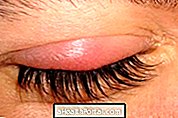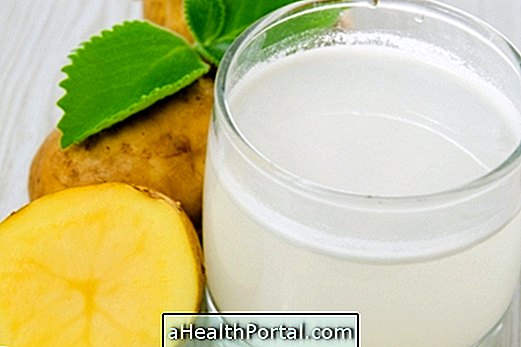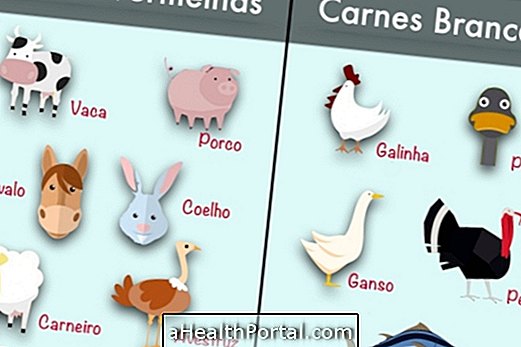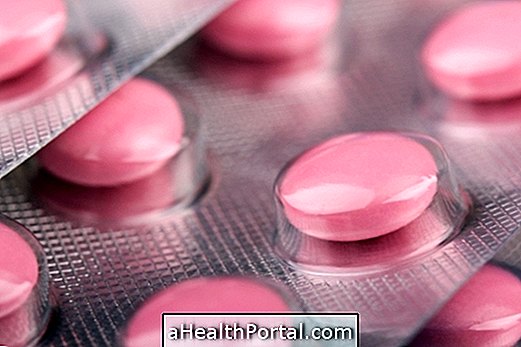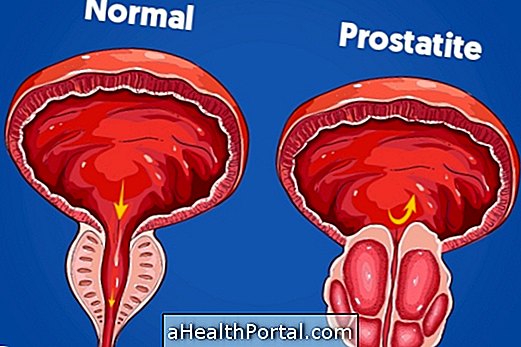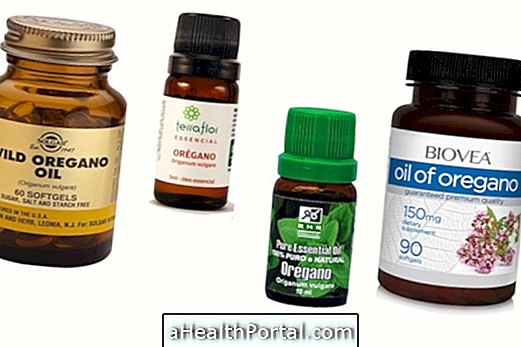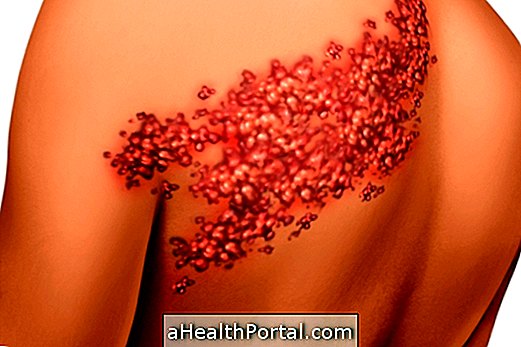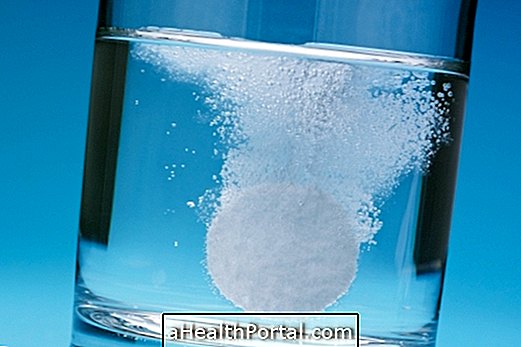The main form of treatment for alcoholic hepatitis is the elimination of alcohol consumption because it decreases the inflammation caused in liver cells and in some cases may be enough to improve or even cure hepatitis.
Other forms of treatment include dietary care such as the replacement of calories, proteins and vitamins, such as thiamine and folic acid, to reverse the common malnutrition in these cases. Your doctor may also recommend medications to reduce inflammation, such as corticosteroids or other medicines that help you recover the liver, such as anti-TNF or Pentoxifylline.
Alcoholic hepatitis is inflammation of the liver caused by excessive consumption of alcoholic beverages, as alcohol is toxic and causes changes in the metabolism of this organ. If not treated properly, alcoholic hepatitis can develop into liver failure and liver cirrhosis. Check out what is alcoholic hepatitis and how to identify it.
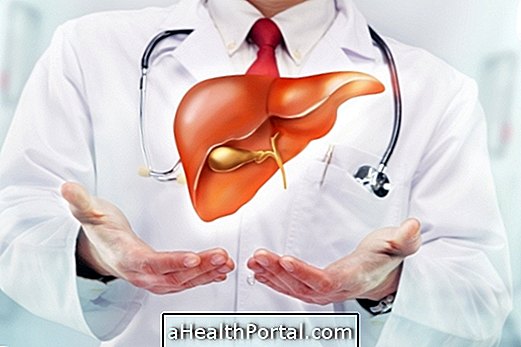
Main forms of treatment
The ways of treating alcoholic hepatitis are indicated by the gastro or hepatologist, depending on the severity of each case. The main guidelines include:
1. Abstinence from alcohol
Stop consuming alcoholic beverages, quitting alcoholism, is the main step to treat alcoholic hepatitis. In many cases, there is a significant improvement in inflammation and accumulation of fat in the liver, which can sometimes be enough to cure hepatitis.
However, in other cases, the inflammation may only improve with the persistence of liver disease, requiring the association of other treatments by the physician. Even in these cases, alcohol withdrawal is essential if the disease is to progress more slowly and to increase the life span.
Learn more about the major alcohol-borne illnesses.
2. Caring for food
Malnutrition, lack of calories, proteins and vitamins, is common in people with alcoholic hepatitis.
In this way, it is very important the nutritionist's guidance, which may indicate a diet rich in necessary calories, which should be about 2, 000kcal per day, intake of amino acids and proteins and supplementation of vitamins and minerals such as thiamine, folic acid, vitamin A, vitamin D, pyridozine and zinc, for example.
Check out some of our nutritionist's guidelines on eating during a hepatitis:

3. Use of medicines
Some specific medications may be indicated by your doctor for the treatment of alcoholic hepatitis, such as corticosteroids, which have an anti-inflammatory action, protecting liver cells against the toxic action of alcohol.
Other immune-modifying drugs, such as anti-TNF, or circulatory agents, such as Pentoxifylline, may be indicated. In addition, remedies such as ursodeoxycholic acid, S-Adenosyl-L-Methionine and Phosphatidylcholine appear to have hepatoprotective effects.
Other therapies have been tested or may be reserved for specific cases of alcoholic hepatic, and should always be indicated by the gastro or hepatologist.
4. Liver transplantation
Patients who have advanced liver disease, which do not improve with clinical treatment, and who progress to liver failure and cirrhosis may be candidates for liver transplantation.
To get into the transplant queue, it is indispensable to give up alcohol consumption and habits such as smoking. Learn about liver transplant recovery and the necessary care.


